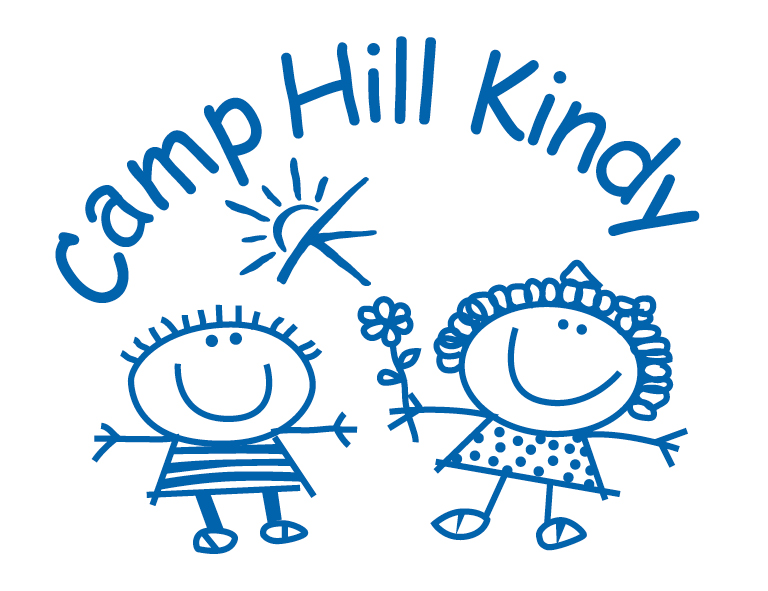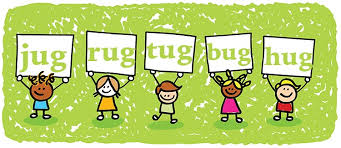 Why Oral Language is Important
Why Oral Language is Important
Oral language is a major platform from which literacy and language skills develop. We need to think, say, practise words and sentences before we begin higher literacy skills of reading and writing. Think about what you do when you are writing, you think of the sentence in your head before writing it, think about when you read – you know what you are reading needs to sound right and make sense, these things are what children are developing while they hear and say rhymes and songs.
Practise Orals Skills Before Learning to Write Your Name
Children learn by watching, listening and doing. Children need to hear language to be able to use language. Talk to your children, model good sentence patterns. Who hasn’t laughed when you have heard your child talk just like you when playing with friends. As well as modelling speech patterns talking and conversing with young children allows them to develop an understanding of the world around them as you discover and explain things together. This skill helps children comprehend their world and helps them develop comprehension skills that can be used for ever. “Children who develop strong oral language skills during the preschool years create an important foundation for their later achievements in reading, especially reading comprehension.”(Storch & Whitehurst, 2002).
To help with good oral speech production children need to be able to hear sounds. It is important to first listen to and isolate sounds before letters. Try playing “I spy” with sounds eg I spy with my little eye something beginning with “t” (sound), As well as tuning children’s ears into hearing sounds it also allows all ages younger and older to join in as they don’t need to know the alphabet.
The Wonders of Singing and Rhymes
Singing and reciting rhymes, silly or otherwise are a great way for children to practise oral language and speech production. By involving children daily in these activities children are developing mouth muscles for production of speech sounds, hearing different sounds in words, practising language patterns and learning how to speak in longer sentences.
Finally, oral language is an important way that we connect with other people, build relationships and share our thoughts and feelings. This social function is fundamental to human existence and this in itself is an important reason for developing good oral language
Keep on Singing.


